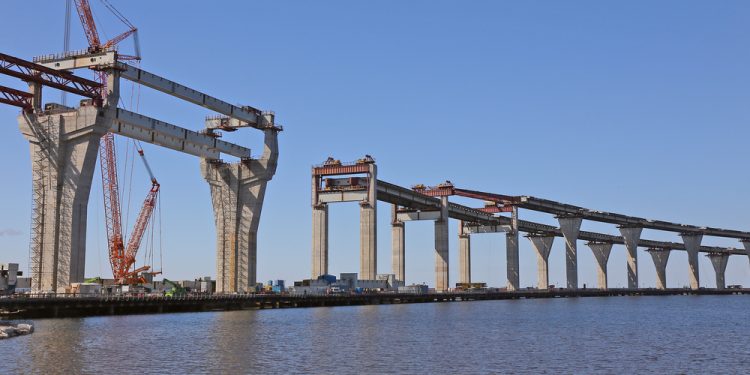There is a growing expectation among pension experts that the government will introduce legislation to ensure larger scheme invest a proportion of assets in UK infrastructure.
Such a move would be welcomed by some stakeholders. Speaking at the Corporate Adviser pensions summit, OECD principal economist at the private pension unit Pablo Antolin said earmarking retirement savings to invest in domestic infrastructure could be an effective tool as part of a wider post-Covid recovery plan.
However he warned that pension schemes must ensure there is effective due diligence when it comes assessing potential risks and returns, and issues such as diversification and correlation with other assets.
He says there is a need for appropriate vehicles to help facilitate this. “A lot of countries are looking at bonds as ways to finance these projects. There are also private-public partnerships which can allow these investments and ensure pension funds can do the required due diligence.”
Talking at the summit investment advisers said they would not be surprised if the UK went down this route, although reservations where expressed about how this might work in practice.
Dean Wetton Advisory managing director Dean Wetton says prescribed assets could help address the fiscal deficit, particularly where there is a need for infrastructure and local investment. This could also deliver ESG benefits for schemes he added.
Although this has worked well in other countries Wetton said that mandating schemes to invest a fixed proportion of assets in certain regions or assets “did not sit well with the UK temperament.”
Hymans Roberston head of DC investment William Chan said he believe illiquid investments, such as infrastructure have within a diversified DC portfolio. But he adds that this could create problems, particularly in situations where early access is allowed to funds.
In other countries such as Australia, the Covid crisis has led to government’s allowing people to access retirement savings as a means of alleviating short-term financial hardship.
Chan says: “Around $40bn Austrailan dollars has been withdrawn from these superfunds. This may still be a relatively small amount of the total assets under managment but if a future crisis hits then a sudden rush of withdrawals can cause problems for these illiquid investments.”
Antolin says that the OECD had raised concerns about the number of countries allowing early access to retirement savings as a result of the Covid-19 pandemic.
He says that while this was well-intentioned “it should only be used as a last resort and only in response to individual specific circumstances, for example terminal illness.”
He adds: “There should not be blanket early access to retirement savings. Countries should be using other mechanisms to provide short-term relief to the financial problems caused by job losses, lower wages and reduced working hours.“
A number of countries have currently early access to pensions, although some only in limited cases.. He says the list includes Australia, Belgium, Canada, Chile, Denmark, France, Iceland, Portugal Spain, the US and United Kindgom.
Antolin says that the policy responses by government from around the world to meet the pension challenges caused by Covid-19 had been successful to date, but concerns remained about the long-term problems that might be caused by allowing this early access.





